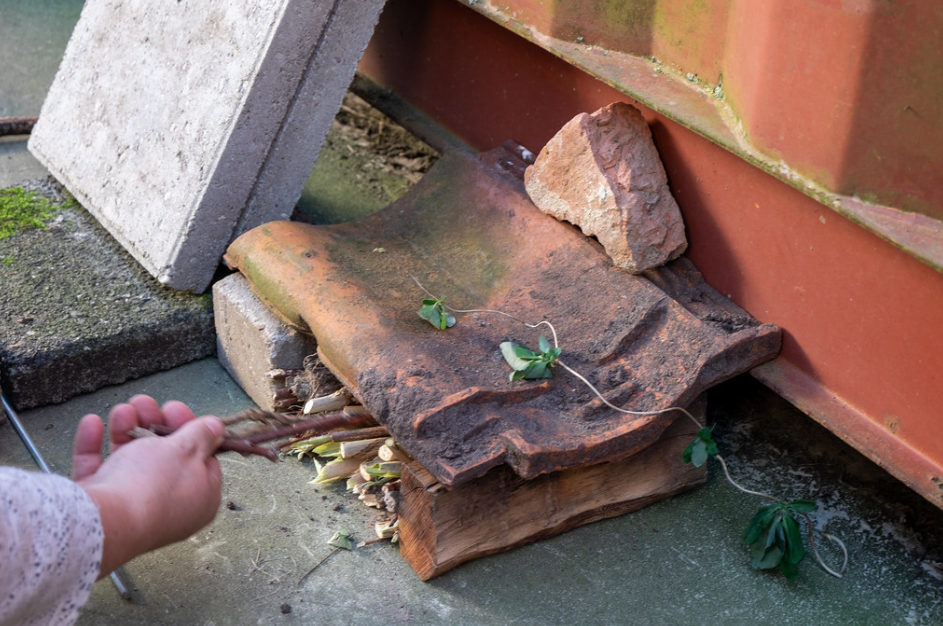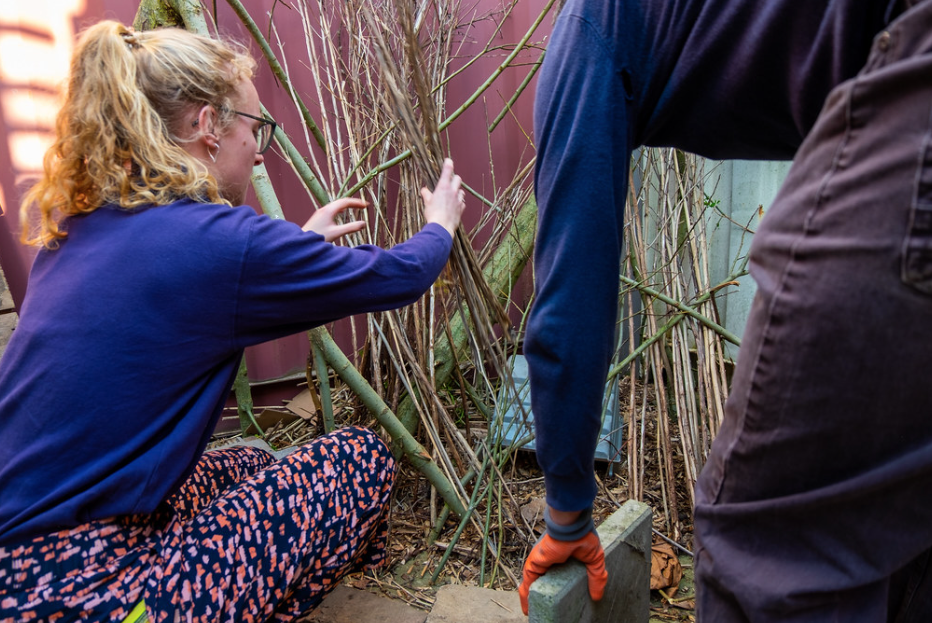Within citymaking and urban planning contexts, the term ‘vital’ or ‘critical infrastructures’ is used to indicate the vast networks of highways, electrical networks, waste-systems and internet cables that are necessary to maintain daily life. As part of the Eco-Practice program of T-Factor, the Wood Wide Web workshop aims to discuss and question this human-centered perspective.
By zooming in more-than-human networks in the underground (the fungal networks, micro-organisms and communities of microbes making up the “soil-biome”) this workshop serves as a means to stir conversation and thinking 1. on the importance of healthy soils in relation to planetary health and human survival and 2. the need for biodiverse underground communities and their potential role in mitigating climate catastrophes; 3. the role of complex urban planning, governance and decision making processes when balancing human and more-than-human needs. Furthermore participants learn how to apply this new knowledge in their own situated contexts, such as a garden, whereby they learn how they can improve soil biodiversity through the eco-practical skill of grafting wooden stumps with mycelium and what other strategies can help increase microbial life in the soil.
The content of this workshop is especially relevant for Amsterdam Science Park, since the dense network of critical internet infrastructure* drastically decreases the opportunity for green interventions in public space that might interfere with these networks - such as planting trees with their deep root networks, while the regular disturbance of the soil-biome, by means of maintenance and repair to the above mentioned critical infrastructure and thus opening up the soil, has severe effects on microbial underground communities.
The workshop, as part of the wider eco-practices mission, serves the purpose of building a local eco-community. Through the workshop the local coalition is able to test - in and with public - their assumptions* on the efficacy of ‘improving the soil biome through mycelium’ as potential green intervention for the regeneration area.
Authors: Rosalie Bak, Waag
- Do-It-Together Eco-practices
- Wild and cultivated spaces

